
Public Health Experts Stress Vaccination as Key to Preventing Severe and Long COVID
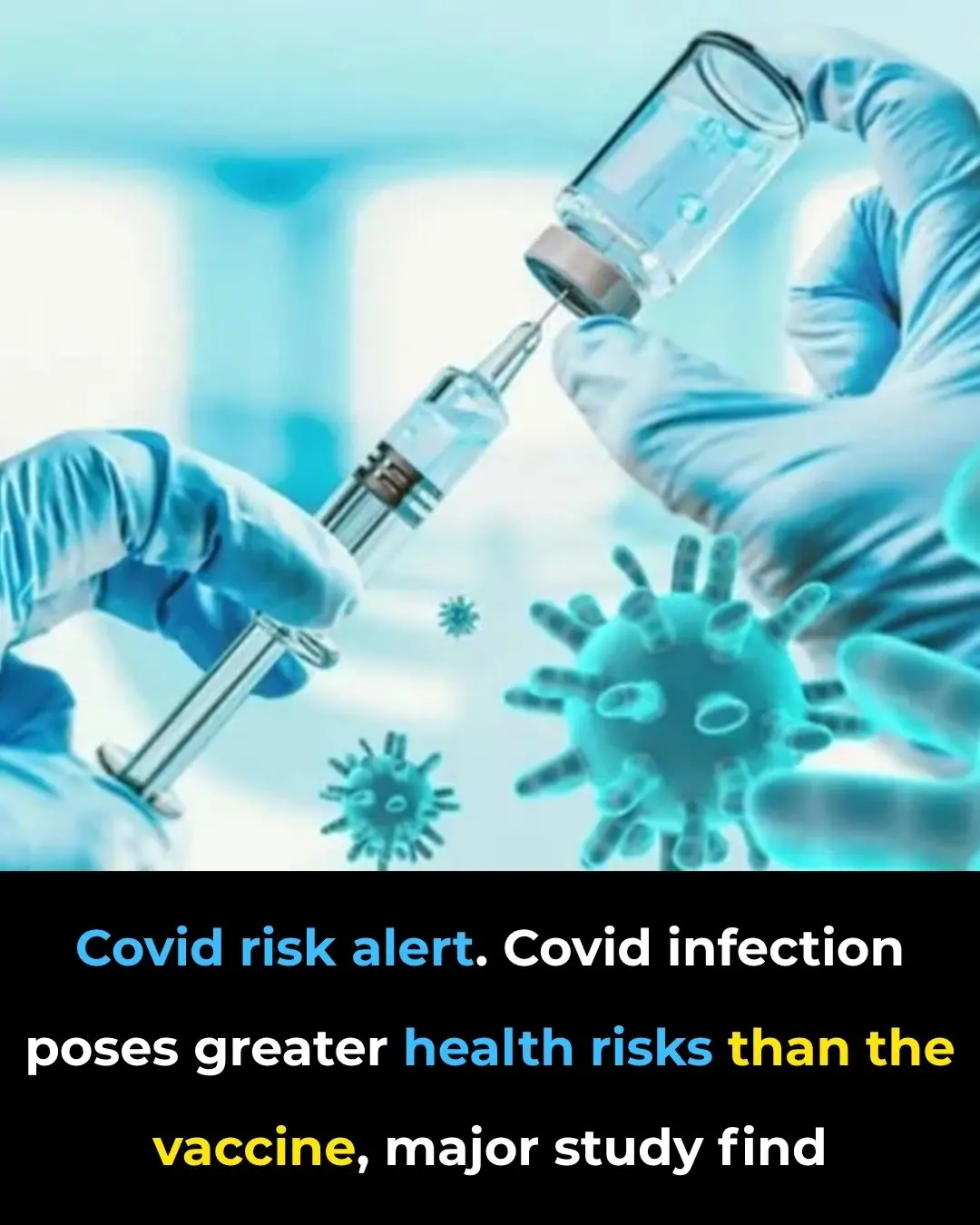
A major new study has reaffirmed what public health experts and global health organisations have been emphasising since the start of the pandemic: the health risks associated with contracting COVID-19 are significantly higher than any risks posed by vaccination. According to the research, individuals who become infected face a sharply increased likelihood of severe illness, long-term medical complications, and hospitalisation, whereas COVID-19 vaccines provide strong and reliable protection with only minimal, short-lived side effects for the vast majority of people.
The findings also underline that vaccination does far more than prevent acute symptoms. Studies from institutions such as the World Health Organization (WHO) and the U.S. Centers for Disease Control and Prevention (CDC) have consistently shown that vaccines reduce the risk of developing long-term post-COVID conditions, often referred to as Long COVID. These chronic outcomes can include cardiovascular issues, respiratory difficulties, neurological symptoms, and persistent fatigue. By contrast, a natural COVID-19 infection can trigger a wide range of complications, some of which may linger for months or even years, potentially affecting quality of life and increasing healthcare needs.
This growing body of evidence further reinforces the importance of vaccination as the safest and most effective strategy to protect oneself and loved ones. Public health experts emphasise that immunisation not only shields individuals from severe disease but also plays a crucial role in reducing community transmission, easing the burden on healthcare systems, and preventing avoidable deaths. Reports from the European Centre for Disease Prevention and Control (ECDC) and peer-reviewed studies published in journals such as The Lancet support the conclusion that vaccinated populations experience fewer severe outcomes and recover more quickly when breakthrough infections occur.
In light of these insights, staying informed, keeping vaccinations up to date, and continuing to follow recommended health measures remain essential steps in safeguarding communities. While many regions are transitioning into a phase of long-term COVID-19 management, experts stress that vigilance is still needed to minimise the long-term effects of infection. Vaccination remains a cornerstone of this effort, offering a safe and scientifically validated means of reducing risk and promoting long-term public health stability.
News in the same category


14 Warning Signs of Low Magnesium Levels and What to Do About It (Science Based)

Top 10 Foods to Heal Knee Pain and Boost Cartilage Naturally

Blood Type O Diet: What to Eat and What to Avoid

7 nutrients that actually repair nerves

This one vitamin could help stop you from waking up to pee every night

The Cold Room Sleep Trick That Can Transform Your Health

Why You Keep Waking Up at Night

Research reveals the #1 vitamin for eye protection
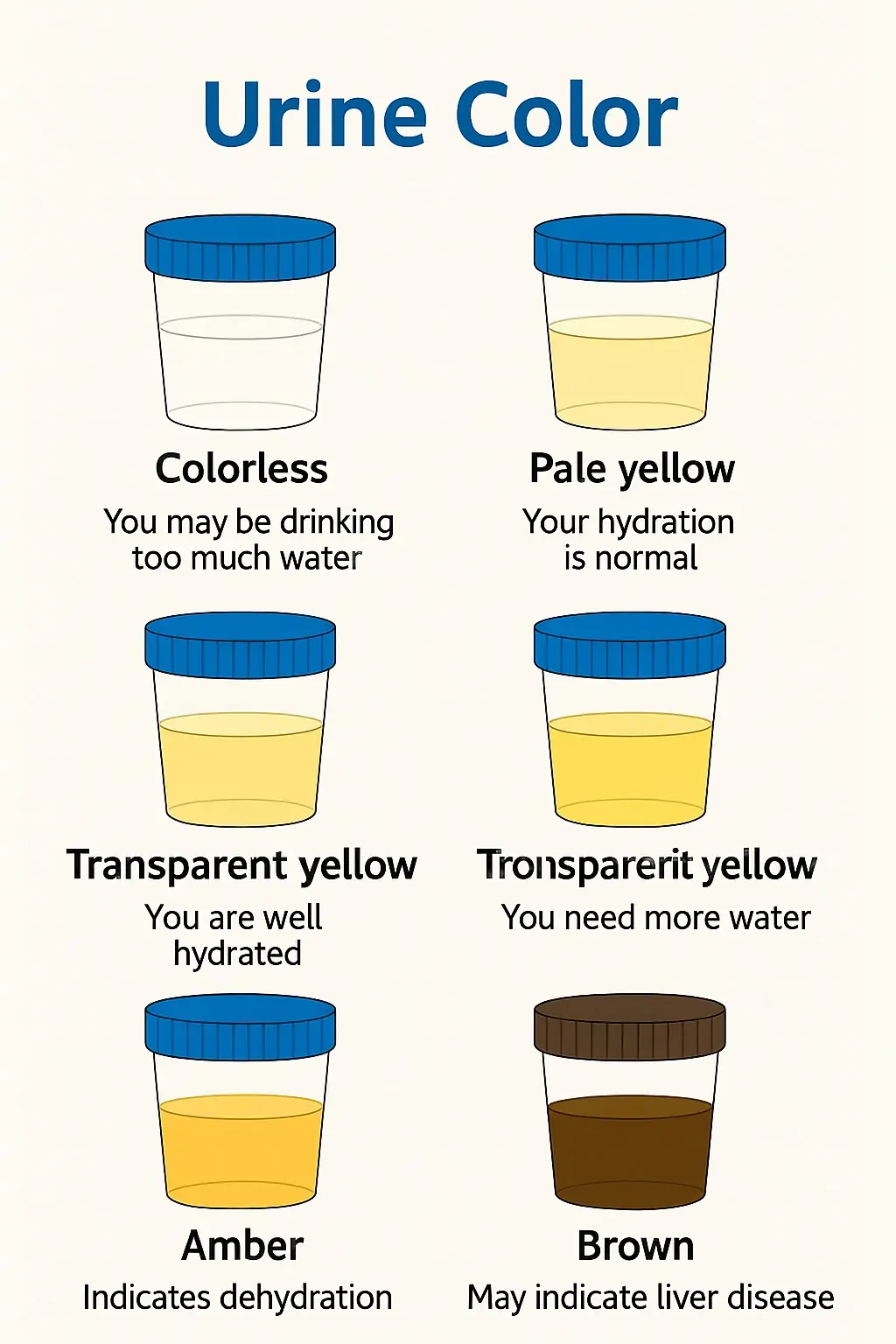
What Your Urine Color May Be Telling You (Gently & Naturally)
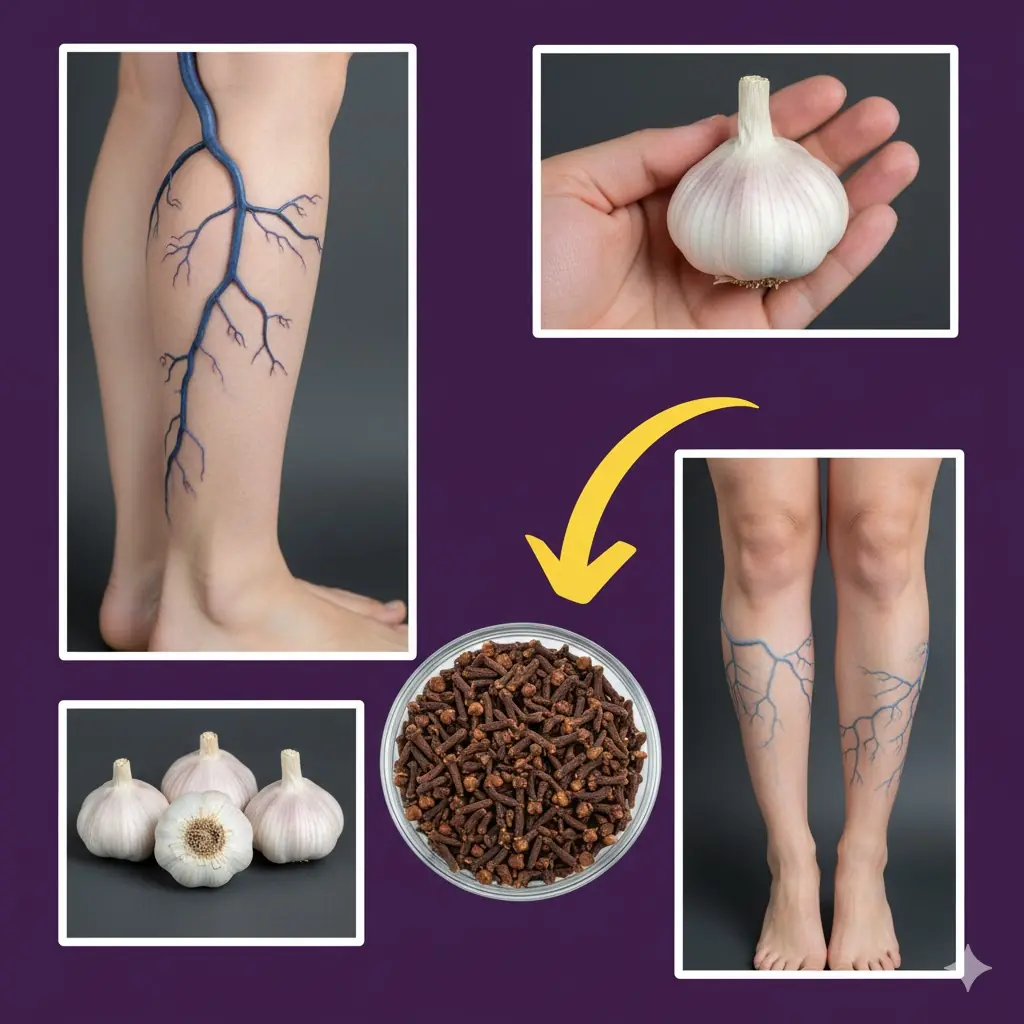
Soothe Leg Pain Naturally: Garlic & Clove Remedy for Joints, Circulation, and Comfort

Eat Garlic — But Avoid This Common Mistake! | 95% of People Don’t Know This Simple Trick

Home Remedies For Kidney Stones – 21 Remedies For Effective Pain Relief
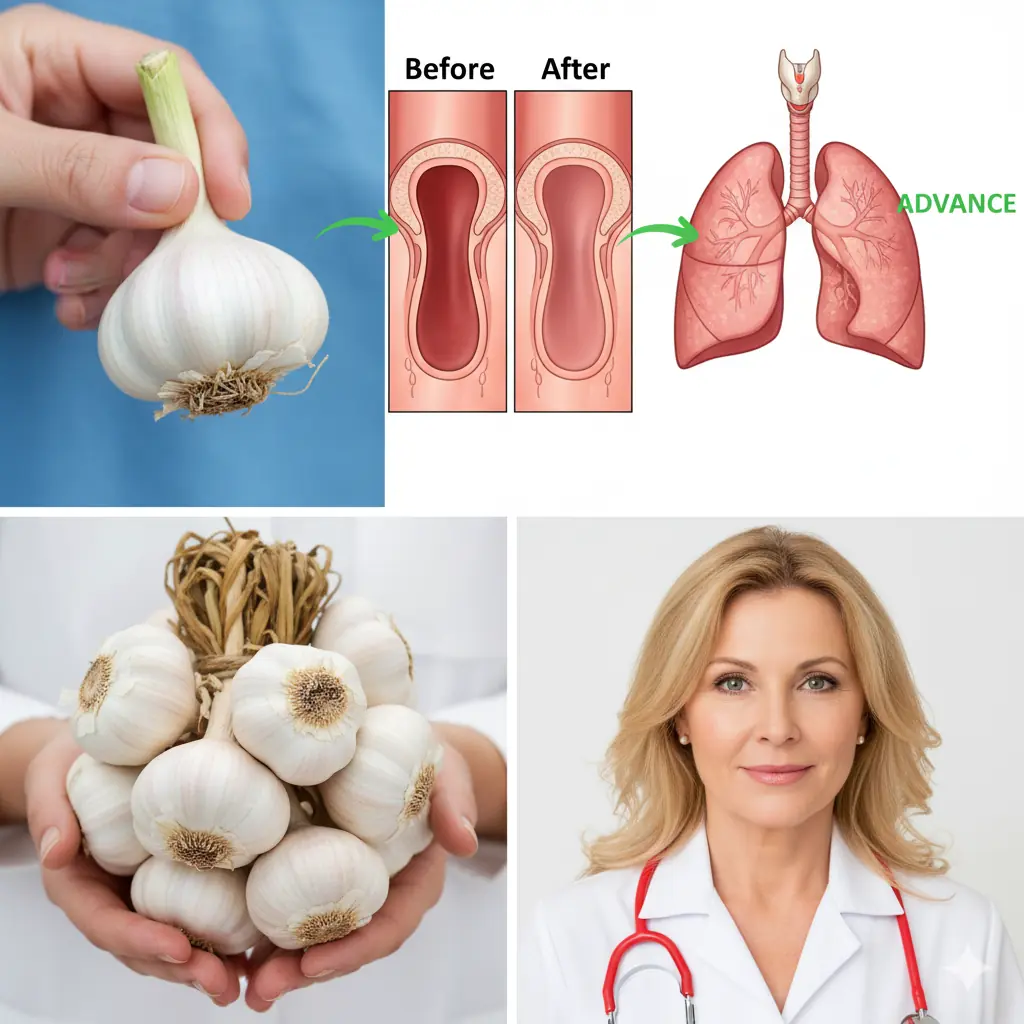
Eat One Clove of Garlic Every Morning on an Empty Stomach – and Watch These 12 Health Benefits Unfold!
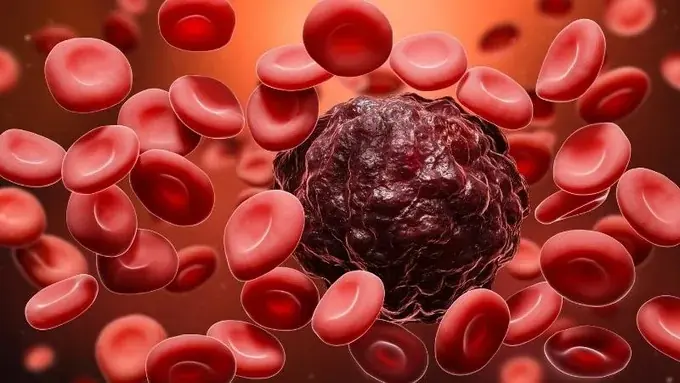
People who are about to be affected by cancer often show three unusual signs in the neck; even having just one of them can be a warning for your health

4 vitamins to reverse neuropathy and damaged nerves – relieve foot & hand pain fast!
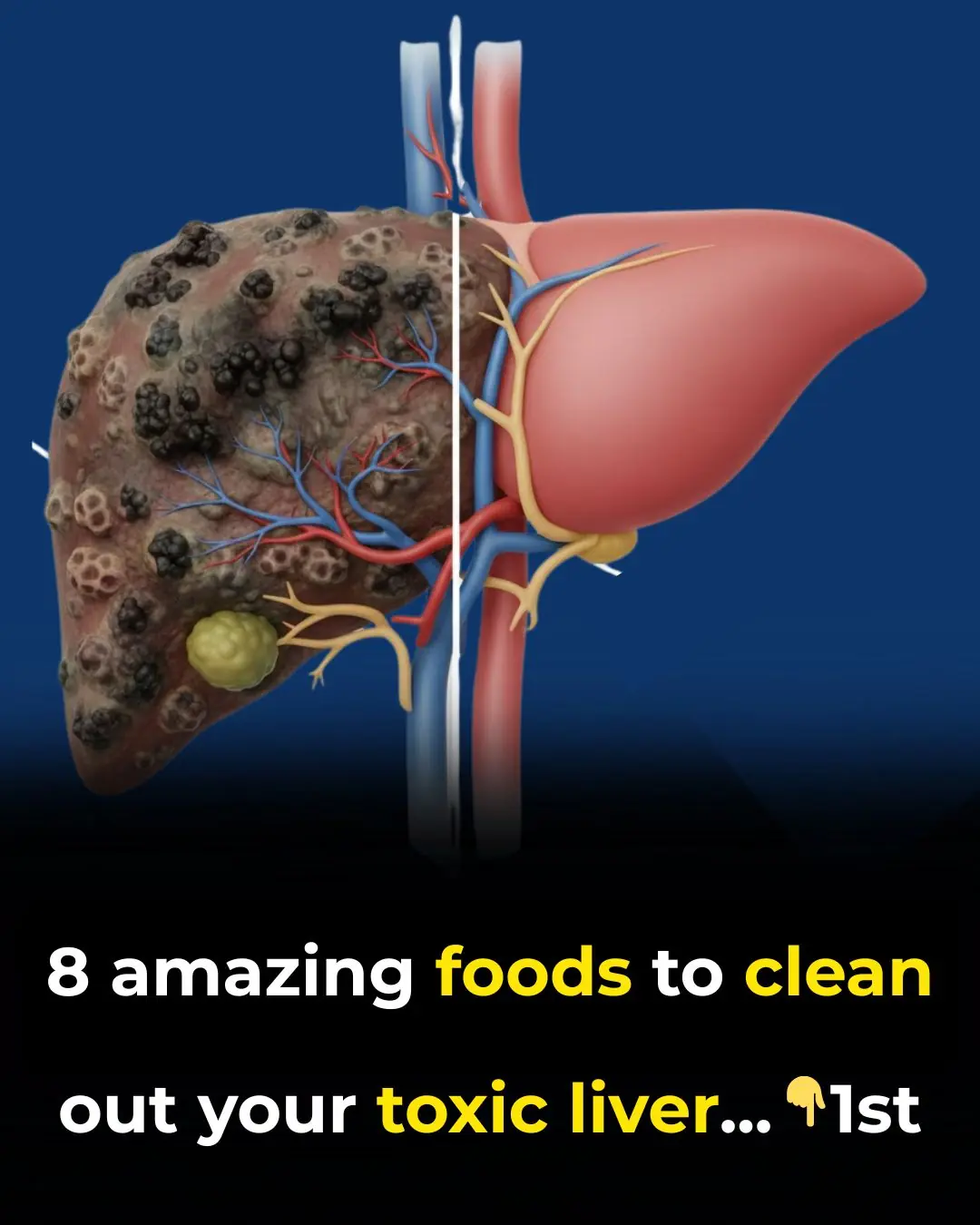
8 Amazing Foods To Clean Out Your Toxic Liver

Stem Cell Breakthrough Offers New Hope for Reversing Diabetes in Early Human Trials
News Post

How I Exp0sed My Husband’s Li es: A Cheating Anniversary He'll Never Forget

THE CAT THAT BR0KE ALL THE RULES: A POLICE OFFICER'S UNEXPECTED MISSION

Mullein: Exploring the Benefits of Leaves, Flowers, and Roots

Airport X-Ray Scanners Upgrade: Shocking Level of Details

From White Hair to Naturally Darker Hair: Fast Home Remedies & Growth Tips

Teen told he just had ‘growing pains’ dies day after diagnosis

7 Ways To Use Vaseline For Wrinkle Free, Flawless Skin

EVERYTHING JAMES FRANCO SAID ABOUT BEING ‘CAST OUT’ FROM HOLLYWOOD DURING HIATUS

The #1 seed that makes bones & muscles strong—how to use it!

14 Warning Signs of Low Magnesium Levels and What to Do About It (Science Based)

Strictly Come Dancing star eliminated from competition on their birthday

Top 10 Foods to Heal Knee Pain and Boost Cartilage Naturally

Blood Type O Diet: What to Eat and What to Avoid

7 nutrients that actually repair nerves

Coronation Street's Lucy Fallon shows off huge ring as she announces engagement

MAFS UK’s ‘strongest’ couple split after romantic display at reunion

The Versatility and Benefits of Orange Peel Powder

The Hidden Power of the Honey Locust Tree (Gleditsia triacanthos): Health, Healing, and Everyday Uses

This one vitamin could help stop you from waking up to pee every night
